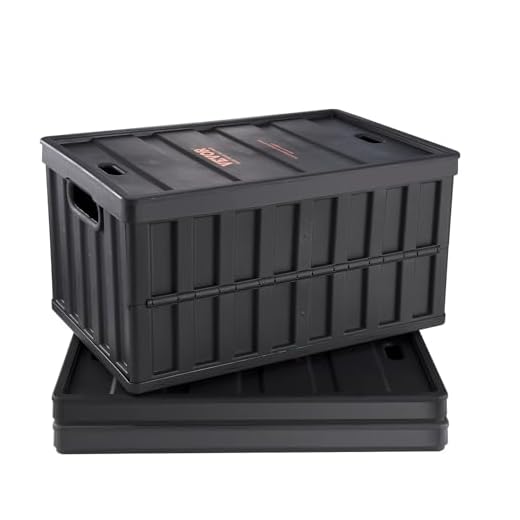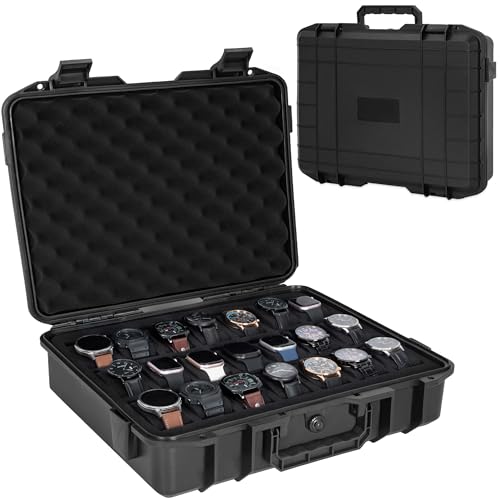





Pack practical items like a sturdy backpack instead of traditional suitcases. Prioritize comfort and functionality with lightweight gear that accommodates your activities. Ensure you have a good selection of outdoor clothing to stay prepared for varying weather conditions.
Consider including a first aid kit tailored to potential camp-related injuries. It’s also wise to carry portable snacks to maintain energy levels during long days supervising activities. Remember to bring personal items such as toiletries and any necessary medications.
Don’t overlook electronic devices like a charged phone or a portable charger for emergencies and communication. A notebook or planner can help organize daily schedules and events. Always check the camp’s specific rules regarding what personal items are permitted to ensure a smooth experience.
Detailed Insights on Carrying Personal Items as a Camp Leader
Items are generally allowed, but adhere to specific guidelines. Limit the quantity to essentials. Prioritize a sleeping bag, personal clothing, and toiletries.
Ensure belongings are easy to transport. A sturdy backpack or duffle bag is advisable, maximizing space while minimizing bulk.
Check the facility’s rules regarding prohibited items, such as valuables, electronics, or excessive food items. Avoid bringing unnecessary luxuries.
Consider sharing communal supplies, which can reduce individual packing. Coordinate with fellow staff members for shared resources like cooking or recreational equipment.
Be mindful of the climate; bring weather-appropriate gear. Layer clothing for varying temperatures and ensure comfort for all outdoor activities.
Pack lighter, focusing on multi-purpose items. A single jacket that serves multiple functions, for example, can save space and weight.
Label all personal belongings with your name to prevent mix-ups. This practice also facilitates retrieval if items are misplaced.
Review your list before departing to ensure nothing essential is left behind. A pre-departure checklist can streamline this process.
Understanding Policies on Personal Belongings
Review guidelines regarding personal items carefully before arriving. Camps typically have specific rules aimed at safety and organization. Knowing what you can and cannot possess is essential.
- Contact the administration ahead of time to clarify rules about items like electronics, food, and personal care products.
- Check if there are restrictions on size or type of equipment that can be accommodated in designated areas.
- Read through any material provided by the camp, which may outline prohibited items for the sake of participants’ safety.
Staying compliant with these policies helps maintain a structured environment. Additionally, remember that you may need to share space with others, so compact and essential items are advisable. For tips on maintaining cleanliness and sanitation at your site, consider resources like the best pressure washers australia.
Be mindful of shared facilities, and label all your items to prevent mix-ups. This practice ensures that your personal belongings remain intact and easily identifiable among communal items.
Recommended Essentials for Camp Counselors
Waterproof jacket and pants are critical for unpredictable weather conditions. Look for breathable materials to stay comfortable during activities.
Durable footwear is necessary. Opt for sturdy boots that provide ankle support and have good traction, especially for outdoor excursions.
Comfortable clothing in layers allows for flexibility in changing temperatures. Choose moisture-wicking fabrics and pack an extra set of clothes for unexpected situations.
Outdoor Gear
A reliable backpack is useful for carrying personal items during daily activities. Ensure it has enough space for essentials without being overly bulky.
First aid kit should include the basics: bandages, antiseptic wipes, and any personal medications. Ensure it is easily accessible for emergencies.
Personal Items
Sun protection, including sunscreen and hats, will prevent sunburn during outdoor functions. Insect repellent is also essential to avoid bites in wooded areas.
A reusable water bottle is vital for hydration. Consider one with insulation to keep beverages cool in warm weather.
Storage Solutions for Camp Counselors’ Luggage
Utilize sturdy and organized packing methods to optimize storage capacity. Compression bags are excellent for reducing the size of bulky clothing and optimizing space within travel bags. They help maintain organization by separating clothing types, ensuring accessibility during your stay.
Consider investing in versatile storage bins that can double as seating or tables within shared areas. These containers keep personal items secure and can easily be labeled for quick identification. Clear bins allow for immediate visibility of contents.
Using a well-designed backpack enhances mobility and distribution of weight. Check out the best backpack for treestand hunting for suggestions on durable options that accommodate various needs.Portable hanging organizers can be a game-changer. By utilizing vertical space, they prevent clutter and make finding essentials effortless. These can be hung on hooks in cabins or on trees outdoors.
Remember to keep frequently used items readily accessible. Implementing a system for packing daily essentials separately ensures everything needed is easy to grab, reducing frustration during busy times.
| Storage Solution | Benefits |
|---|---|
| Compression Bags | Space-saving and organizational benefits |
| Storage Bins | Multi-functional and keeps belongings secure |
| Backpacks | Easy mobility and weight distribution |
| Hanging Organizers | Maximizes vertical space, prevents clutter |
For those needing shelter from the sun, portable umbrellas are vital. Explore options in the best carry umbrellas for shade uv protection guide, which will help keep you cool during outdoor activities.
Organizational strategies are key to a stress-free experience; implement these storage solutions to enhance your efficiency and enjoyment. Maintaining order will aid in focusing on your duties and responsibilities while ensuring comfort during your time away.
Tips for Packing for a Multifunctional Role
Prioritize versatile apparel. Include moisture-wicking shirts and convertible pants that can double as shorts. Layering is key; add lightweight fleece or a packable jacket to adapt to weather changes.
Consider multifunctional gear. Choose a backpack with multiple compartments that can hold personal items and supplies. Opt for a compact sleeping bag that can also serve as a blanket during colder nights.
Pack efficient toiletries. Use travel-sized containers and combine items where possible (e.g., a 2-in-1 shampoo and body wash) to save space. Don’t forget a quick-dry towel for convenience.
Include durable outdoor footwear. Sturdy sandals are helpful for both aquatic activities and casual settings. Waterproof boots can serve throughout various terrains, ensuring foot protection.
Prepare for unexpected tasks. Bring a multi-tool for repairs and miscellaneous needs, and a portable charger to keep devices powered during activities. Consider packing a small first aid kit for emergencies.
Plan for downtime. Bring lightweight reading material or a journal to unwind when not on duty, allowing personal time to recharge.
What Not to Bring: Forbidden Items at Camp
Leave any type of alcohol, as it is strictly prohibited on the premises. This rule ensures a safe environment for everyone involved.
Do not include illegal substances or drugs. Violating this policy can lead to immediate dismissal from the facility.
Leave valuable jewelry at home. Risk of loss or theft is high in communal settings.
Entertainment electronics, including gaming consoles and laptops, should not be part of your gear. These can distract from the experience and are often not permitted.
Avoid bringing personal items that contain large amounts of cash. It’s advisable to use a secure prepaid card instead.
Weapons of any kind are forbidden. This includes firearms, knives, and any object that can be used as a weapon.
Avoid any sort of fireworks or explosives. These items create unnecessary risks and are typically banned.
Do not pack any items that have a strong scent, such as certain perfumes or scented lotions. They can attract unwanted wildlife and irritate others.
Overall, adhering to these restrictions creates a more positive and safe experience for everyone involved in the program.
FAQ:
Can I bring my personal belongings as a camp counselor?
Yes, you can bring personal belongings. Most camps allow counselors to have some personal items, such as clothing, toiletries, and a few leisure items like books or games. However, it’s best to check with the camp’s guidelines, as there may be restrictions on what can be brought in to ensure safety and comfort for everyone involved.
What type of luggage should I consider taking with me as a camp counselor?
When choosing luggage, opt for something sturdy but manageable. A duffel bag or a large backpack can be great for transporting clothes and personal items. Consider the camp’s location; if you’re hiking or in a remote area, make sure your luggage is easy to carry and pack. Also, ensure it’s organized to easily find what you need during your stay.
Are there any restrictions on bringing special items, like electronics or food?
Yes, many camps have specific rules regarding certain items. Electronics, such as smartphones or laptops, might be discouraged to promote interaction among campers. As for food, camps may provide meals and snacks, so bringing additional food could be against camp policies. Always check with the camp administration before packing to ensure you comply with their rules.








